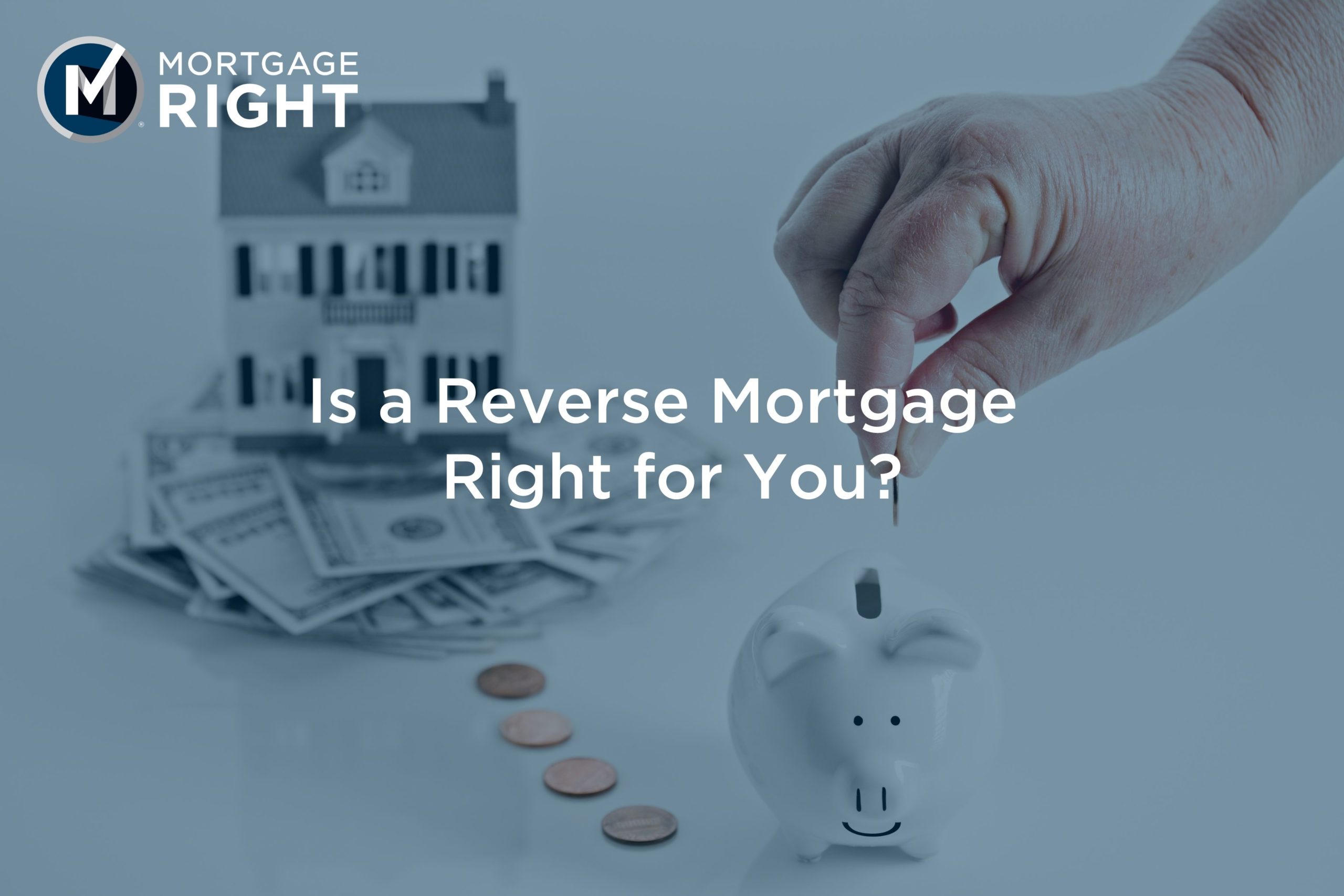
Have you ever wondered if you could buy a home and pay nothing on the mortgage while you’re living there? It might sound too good to be true, but a reverse mortgage is a real home-buying option—and it might be the right one for you!
What is a reverse mortgage?
A reverse mortgage is similar to a traditional home loan because it allows homebuyers to borrow money using their home as collateral. However, a reverse mortgage doesn’t require the borrower to make monthly mortgage payments. Instead, the borrower may receive monthly payments from the lender.
Something to consider: There are multiple ways to receive and utilize the funds from a reverse mortgage. A borrower can pay off a current mortgage or lien, receive a lump sum, a line of credit, monthly payments, or a combination of all 3. The borrower must also pay the loan in full when they no longer live in the home.
Home Equity Conversion Mortgage (HECM)
A HECM is the most common type of reverse mortgage. It is a specialized home loan issued by Federal Housing Administration (FHA)-approved lenders. Because a HECM is a government-backed, non-recourse loan, you will never owe more than what the home is worth. You can also spend the funds on anything.
Requirements
Homeowners who opt for a reverse mortgage should be aware of the following:
- Homeowners must be at least 62 years old.
- Homeowners are required to pay property taxes and homeowners insurance.
- Homeowners must use the property as their primary residence.
- Homeowners must keep the home in good condition.
Something to consider: The amount a homeowner owes the lender when they no longer occupy the home will go up over time because interest accrues monthly.
How much will you receive monthly?
If your lender is paying you, where is the money coming from? When you get a reverse mortgage, the monthly payments you receive come from the equity you have in your home.
To decide how much you’ll receive monthly, your lender will order an appraisal of your home. They will then use the appraisal value, age, and available interest rate to determine the loan and monthly payment amount.
How do you pay back a reverse mortgage?
When you decide to sell your home, that money goes toward repaying your reverse mortgage and interest. This means you won’t profit as much from the sale as you might with a traditional mortgage. Why? Because the interest accruing each month adds to your principal balance.
Something to consider: Even though you’re not required to repay your mortgage until you sell your home, pass away, or no longer live on the property, you can still choose to make regular payments on your home.
What if the homeowner passes away?
The property becomes the beneficiary’s responsibility if the homeowner passes away before the home is sold. If the beneficiary wants to keep the home, they can either purchase it for the amount owed on the reverse mortgage (or 95% of the appraised value) or refinance to a traditional mortgage loan. The beneficiary may also sell the home and pay off the reverse mortgage.
Who benefits most from reverse mortgages?
Reverse mortgages let homeowners of retirement age take advantage of their home’s value sooner than with a traditional loan. It also helps them lower or eliminates their monthly mortgage payments and better cover their expenses.
However, some older homeowners could benefit more than others. You’re more likely to make the most of a reverse mortgage if you fit the following criteria:
- Your home value is on the increase – If you have a lot of equity built up in your home, you may still have money left over when you take out a reverse mortgage.
- You plan to live in your home long-term – Like a traditional mortgage, there are upfront costs associated with a reverse mortgage. Planning to stay in the home long-term will make taking on those costs worthwhile.
- You can cover home costs – Because a reverse mortgage requires you to keep property taxes, insurance, maintenance, and other payments up to date, it’s essential to have enough funds on hand to cover these expenses.
Should you get a reverse mortgage?
A reverse mortgage isn’t for everyone, but it could be the mortgage option that helps you achieve a financially fulfilling retirement. If you want to learn more about reverse mortgages, or you’re ready to make another home-buying decision—we’re the RIGHT people to call! Click here to get started.






